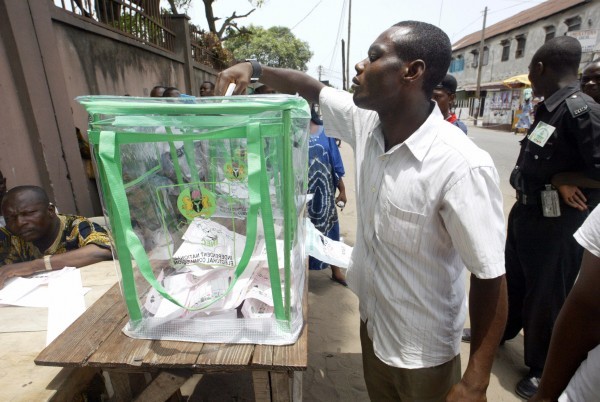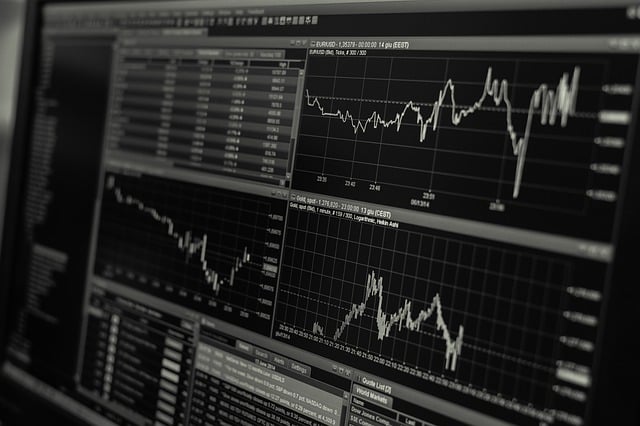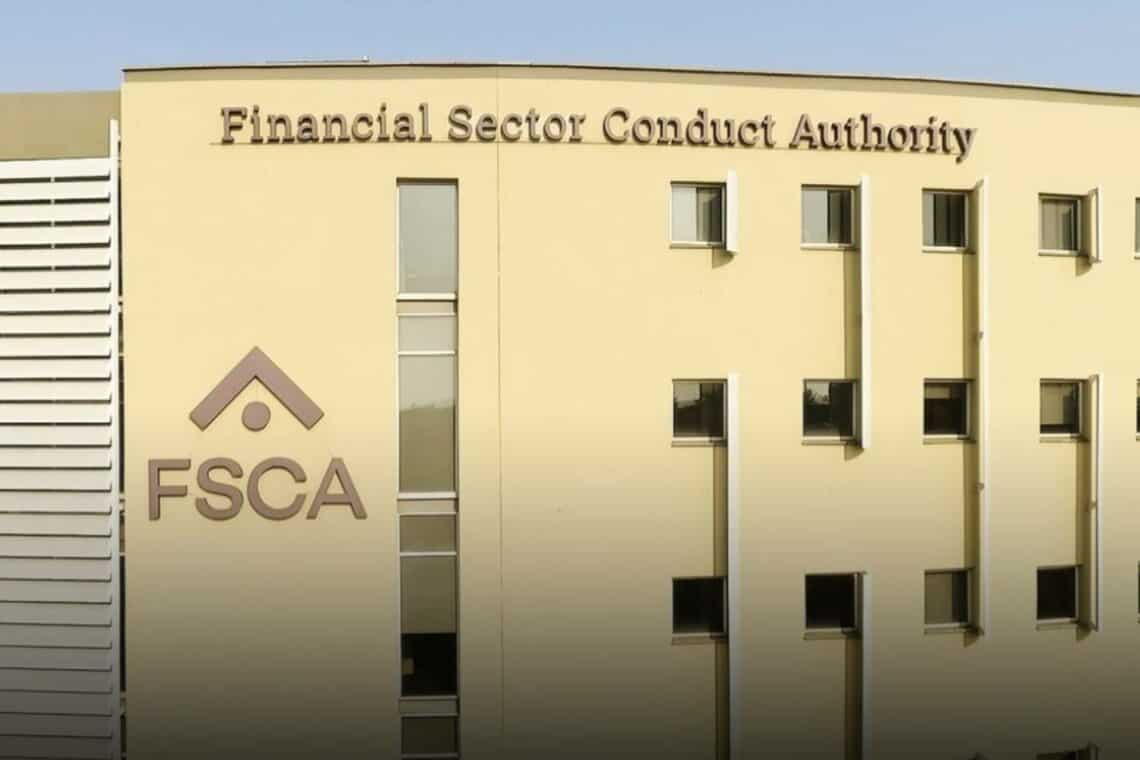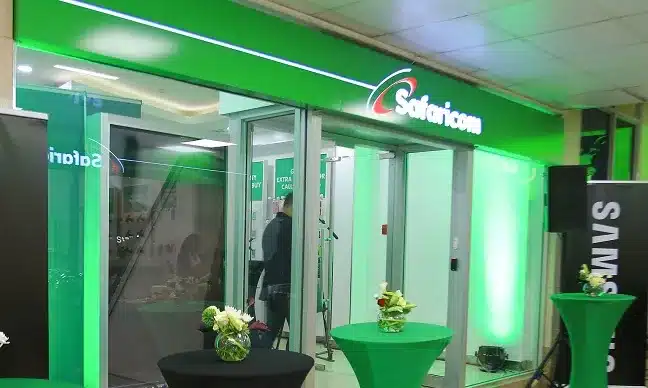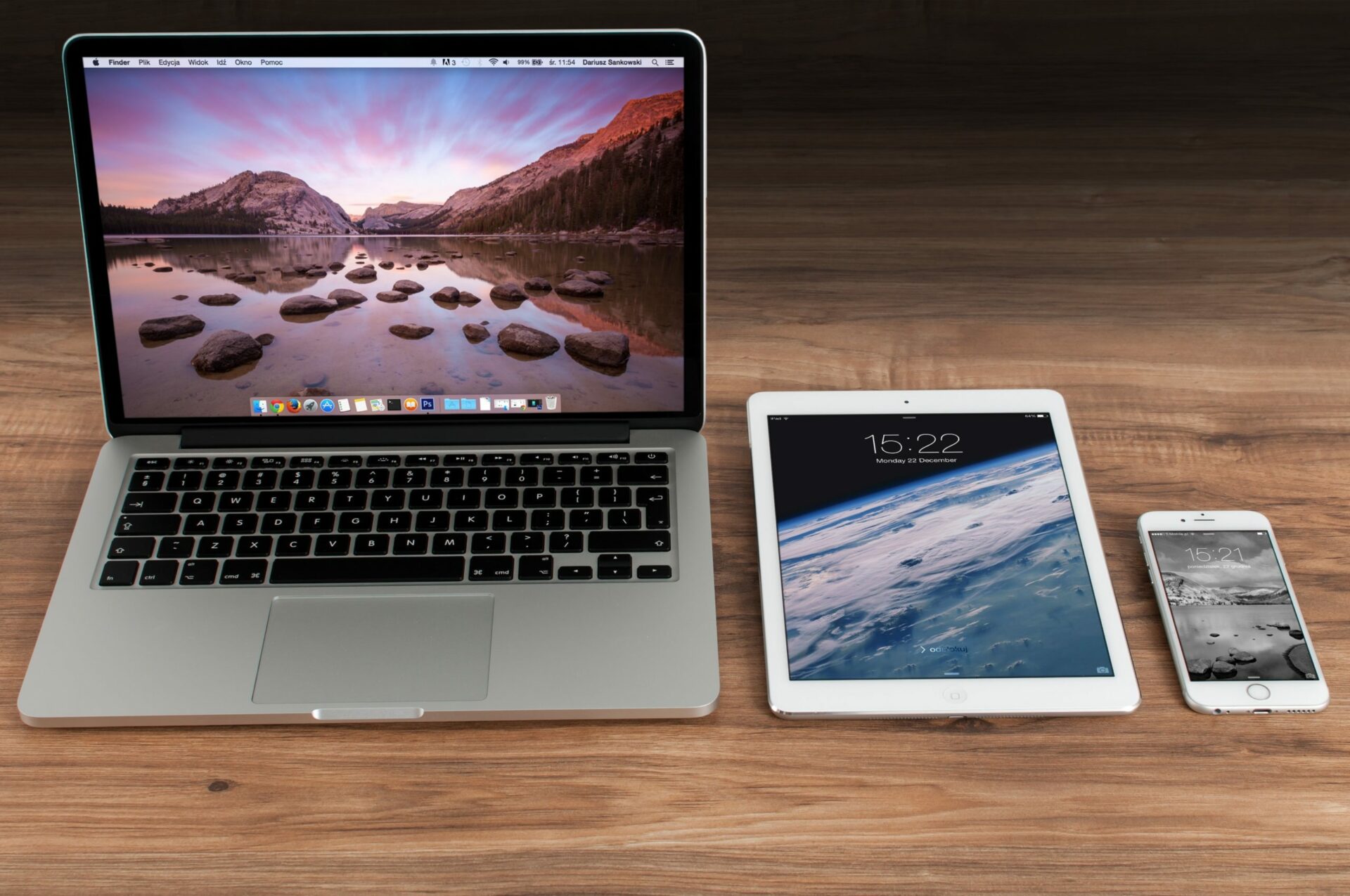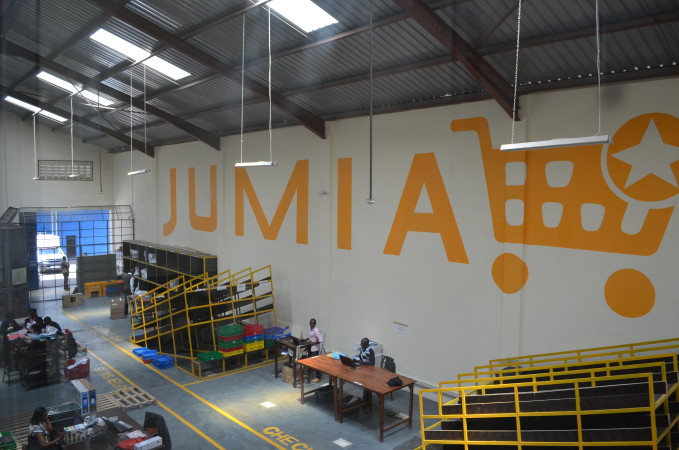There has been much attention on the 2019 general election in Nigeria, which more or less started with the ‘Not Too Young To Run’ campaign. But as it is, the political arena is not the only one feeling the heat, tech companies in Nigeria are already considering the election in making important business decisions.
There are indications that IHS Towers -- the largest mobile telecommunications infrastructure provider in Africa, Europe and the Middle East by tower count -- may have decided to shift its initially proposed initial public offering (IPO) on the New York Stock Exchange till after the 2019 general elections.
According to Bloomberg, the reason for the move is on the notion that a sale may take place close to the election in the company’s home market -- Nigeria. The IPO is expected to allow the company raise $1 billion at $10 billion valuation.
In 2016, pioneering online payments company, Interswitch suspended its IPO, citing the further weakening of the naira and a general shortage of foreign currency which instigated fear on the part of the investors as reasons.
However, as later revealed by Interswitch’s Divisional CEO, Switching and Processing, Akeem Lawal, the IPO will eventually happen before the end of 2019. Could this be an attempt to wait for the outcome of the general election?
After a deal was reached for the settlement of the fine imposed on MTN Nigeria for failing to disconnect unregistered lines, the telecom company (telco) revealed plans to get listed on the Nigerian Stock Exchange in 2018.
In 2017, there were indications that MTN Nigeria’s IPO would happen in May 2018 but the latest update about the listing is that the company’s share would be available on the Nigerian Stock Exchange before the end of the year 2018.
Suggested Read: 5 things we can expect from the impending MTN Nigeria IPO
The Nigerian unit is MTN Group’s strongest hold, in terms of subscriber base. Could it be that the South African telecom group is stalling its listing process pending the outcome of the general election?

Join over 3,000 founders and investors
Give it a try, you can unsubscribe anytime. Privacy Policy.
If a company (IHS Towers) founded in Nigeria is stepping down its IPO in another country’s stock market in a pre-election year then, much can’t be said about a South African group with one of its units in the country.
A pre-election year is known for uncertainty with change in leadership as a factor in making business decisions. This usually makes investors selective amid the uncertainty and volatile stock prices.
The cost of equity also tends to be higher in a pre-election year as investors -- especially with Foreign Portfolio Investments (FPIs) -- demand for a political risk premium on investment. This is no doubt due to instability in the socio-political environment, which Group Chief Financial Officer of United Capital Plc, Odiri Oginni says slows the flow of capital expenditure (CAPEX) spending, Foreign Direct Investments (FDIs) as well as FPIs.
So it is quite instructive that six months into the year, the stock market has not listed any new company.
According to Oginni, pre-election and election year slow financial performance as consumers tend to be more conservative while political spending increases activities in the construction, food and trade sector, as politicians make efforts to sway voters.
So, it can be assumed that firms in construction and food production or processing have the upper hand during a year preceding an election. But how sufficient is this advantage towards getting listed on the stock market or for companies already listed?
Market volatility
Concerned stakeholders study events around the build-up to an election in a bid to determine a predictable correlation between the election and the financial market.
This may slow companies' listing plans due to poor market valuation triggered by a flight to safety -- a financial market scenario in which investors sell what they perceive to be higher-risk investments and purchase safer investments -- in a pre-election year.
According to a research developed by Yale Hirsch, the United States (US) markets are weakest in the year following a presidential election.
This is not only applicable to the US, markets in developing countries -- which are often associated with factors that negatively affect the capital market like violence, militancy as well as economy disruption -- are also vulnerable to the outcome of a general election.
Uncertainty heightens during the election period which triggers panic sales which in turn creates volatility. An unfavourable change in policy also affects corporate earnings, hence the major reason most investors consider a change in government as a change in policy.
Oginni claims that there’s high FPI exposure in Nigeria which is prone to flight during an election, thereby further depressing the market in the process.
One of the options available for capital market investors includes employing an active rather than passive investment management strategy.
For investments in the financial assets, Oginni suggests that investors might want to reduce their exposure to riskier assets such as equities, opting for Long-Term Fixed Income instruments, riding on the higher yield environment associated with such periods, to wait out the market volatility.
Fingers remain crossed on the impending IPO of the Nigerian unit of MTN Group and its potential effect on the stock market.

